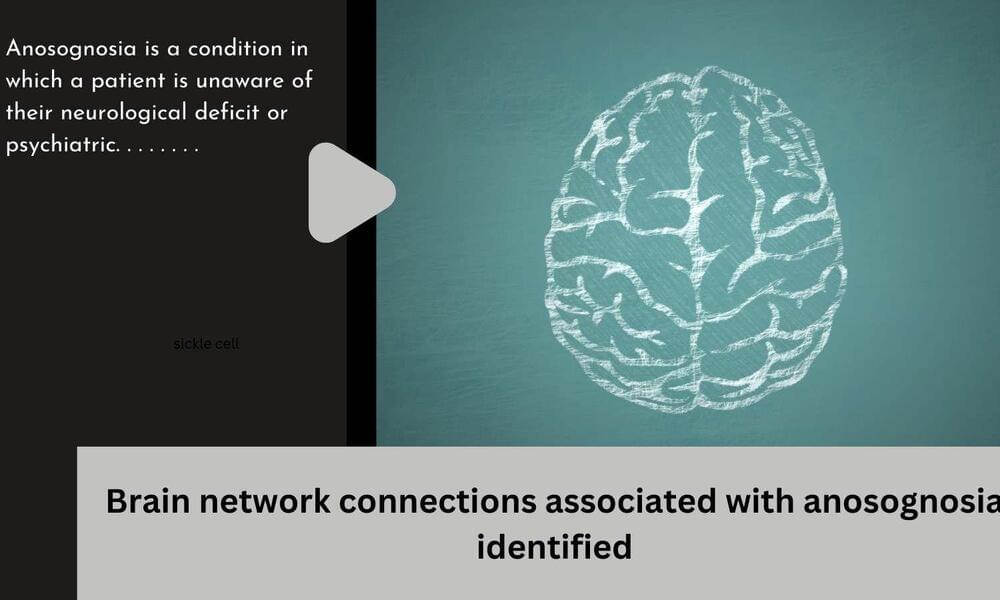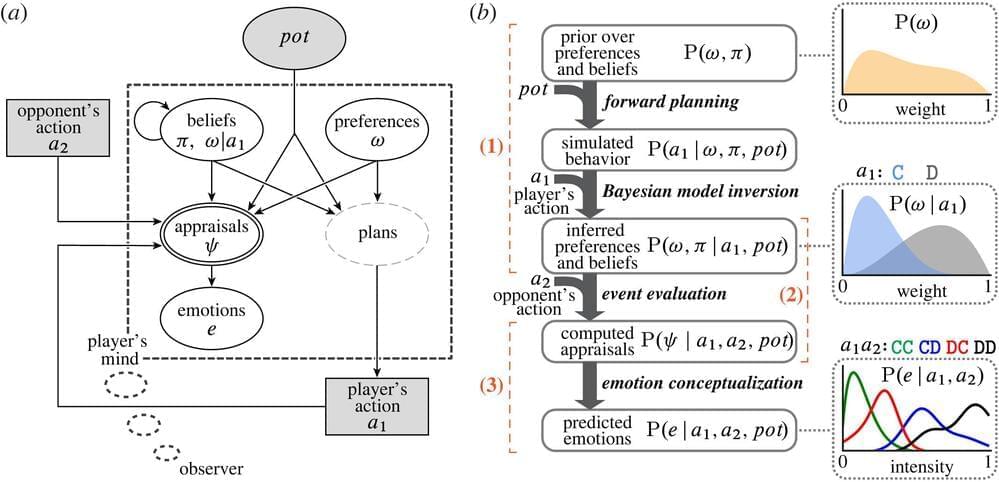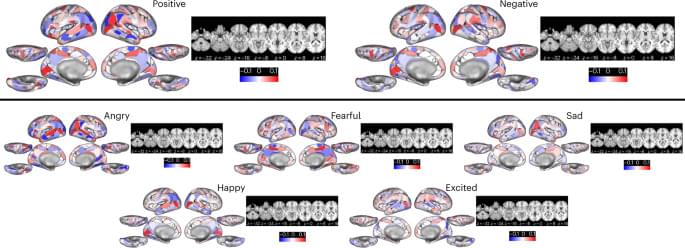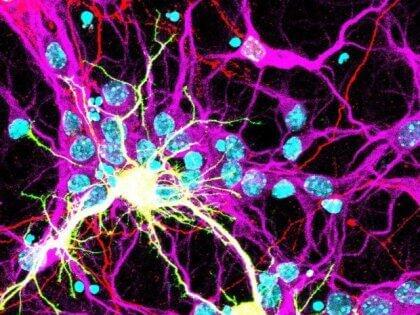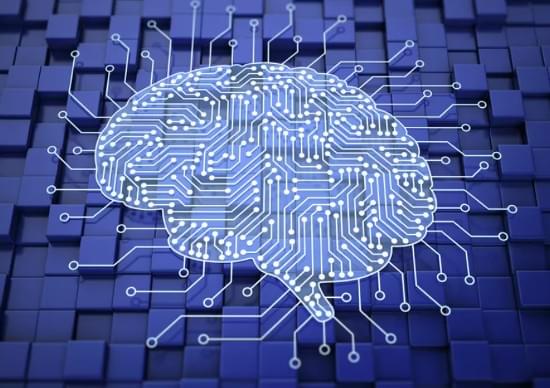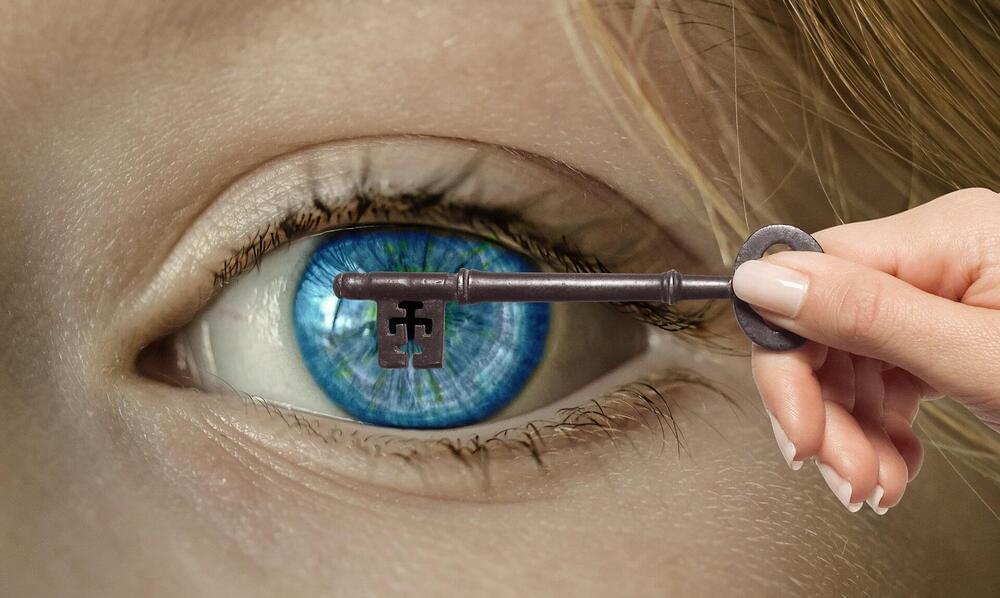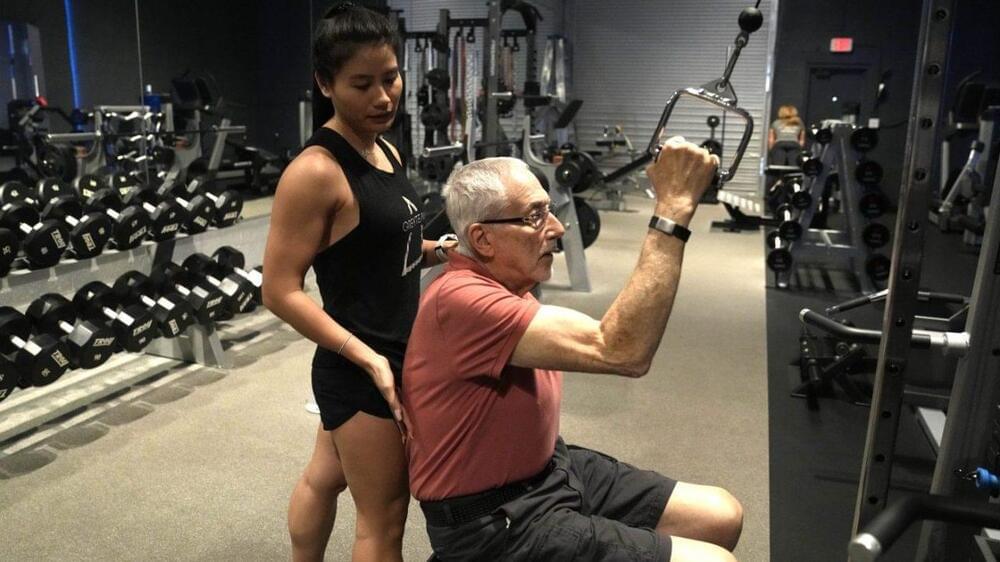Jun 12, 2023
New Study Hints at Why Some People and Not Others Feel More Anxious After Drinking
Posted by Shubham Ghosh Roy in categories: biotech/medical, neuroscience
We know this, Kushner says, because issues with alcohol can start before people develop anxiety or depression. His research also suggests that having either a dependence on alcohol or an anxiety condition substantially increases the probability of developing the other condition within several years.
For Kushner, this two-way relationship suggests alcohol use disorder and anxiety and depression might share a root cause.
Kushner’s team’s latest research brings us one step closer to figuring out why these conditions are so closely linked: Their study suggests people with a diagnosis of anxiety or depression are more likely to experience alcohol use disorder symptoms than people without these conditions, even when they drink the same amount of alcohol. The results are published in the journal Alcohol: Clinical & Experimental Research.

